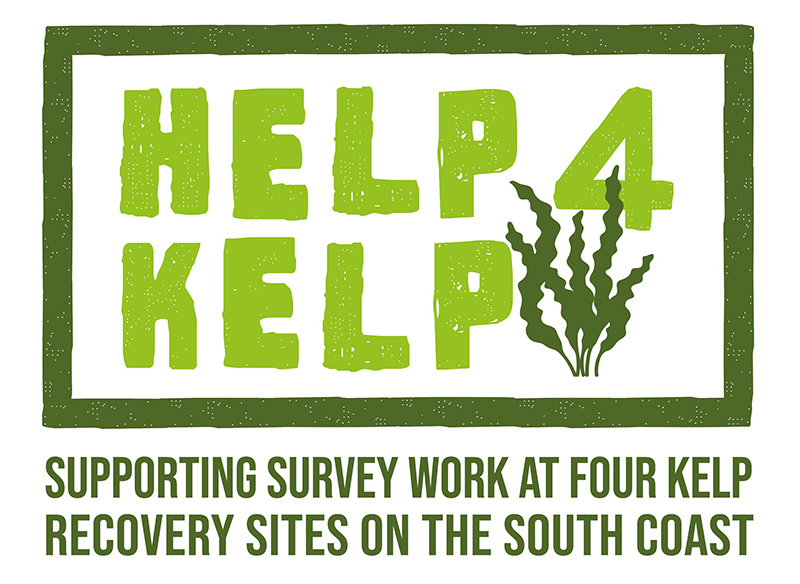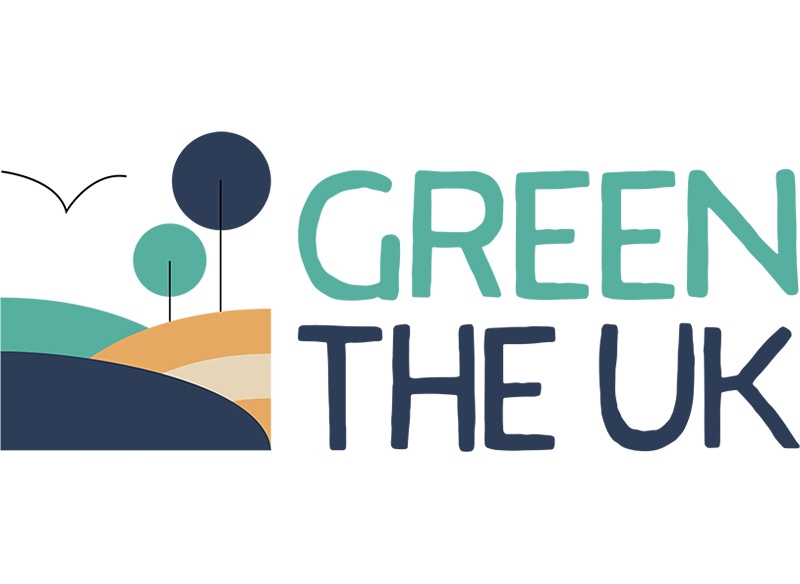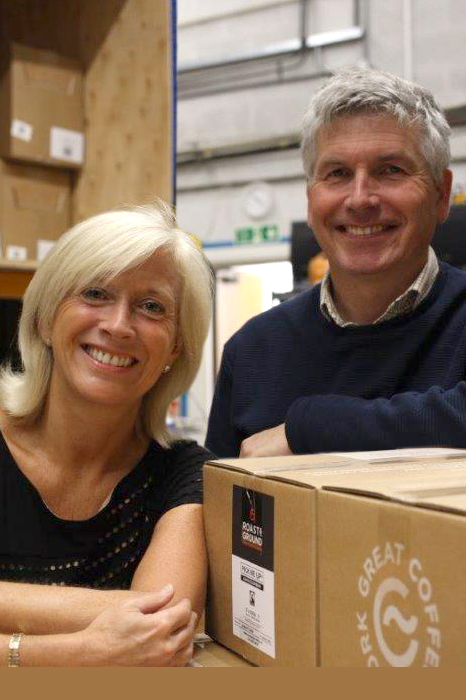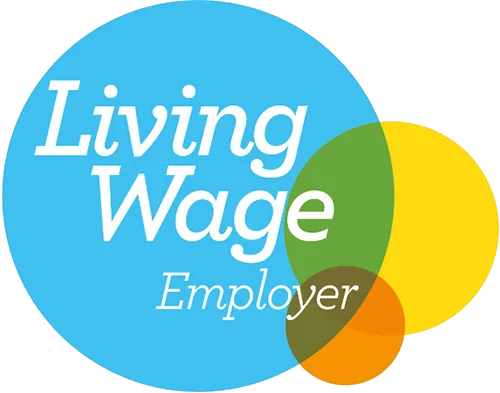Introducing Help4Kelp, our new sustainability initiative
At Roast & Ground, we’ve long been on a mission to ensure we are a genuinely ethical and sustainable coffee company. We work tirelessly to improve our carbon footprint and ensure that our coffee sourcing – in fact our whole business – operates in a socially responsible way.
As you’re perhaps already aware, all our Roast & Ground coffees are either Fairtrade or Rainforest Alliance certified. In being so we already support communities in the areas our coffee comes from, and often pay well above the Fairtrade price for our beans.
So, with the coffee sourcing side of our environmental impact covered, we felt that for our next sustainability project we wanted to invest in the UK, to represent and cover our day-to-day operations locally.
And as most of our customers are in London and the South East, investing in a project in that area seemed the right thing to do.
What we did
We measured our carbon footprint and identified the spend required to cover that, then added around 25 per cent extra for good measure and to allow for growth.
It wasn’t long before we found a local cause that resonated: a pioneering marine re-wilding project supported by Sir David Attenborough, which is restoring 300 square kilometres of lost kelp forest along the Sussex coast.
As keen sailors, Roast & Ground founders Richard and Catherine Gray feel a close connection to Britain’s coastline and rivers and have long been conscious of the deterioration of marine life on the south coast in particular.
The Sussex Kelp Recovery Project has an exciting vision, which is that the re-establishment of the kelp forests will support a thriving and sustainable marine ecosystem that benefits everything and everyone – the environment, nature, fisheries and coastal communities too.
Why kelp is so important
Kelp is a group of brown seaweeds that are usually large and capable of forming dense masses known as kelp forests. These forests were abundant historically, but all that remains on the Sussex Coast are a few small patches and individual plants.
In fact, 96 per cent of this particular kelp forest has disappeared since 1987. And, consequently, all the marine life in the area – including fish stocks – has deteriorated.
The Sussex Kelp Recovery project first kicked off in 2021 with the Sussex Nearshore Trawling Exclusion bylaw. This created an exclusion zone that stretches from around Chichester to past Brighton, so that the trawlers that were damaging the area’s sea bed were unable to wreak further havoc. Now any trawling that happens on the south coast has to be at least four kilometres out to sea.
Why Help4Kelp is necessary
Kelp forests work a bit like coral reefs, in that they create an oasis of life; a sanctuary. They are some of the most productive forests on earth and one of the most biodiverse environments on the planet.
Kelp forests have a key role to play battling climate change – the kelp fronds effectively ‘lock up’ carbon. Globally, kelp forests draw down more than six hundred million tonnes of carbon each year – that’s twice the amount the UK emits. They also help:
- oxygenate and purify the water
- stabilize sediment in the sea
- mitigate up to 70 per cent of wave energy
- alleviate erosion and
- reduce localised areas of climate change
Furthermore, every part of the kelp is used by creatures. The fronds are home to tiny animals, providing food, places to lay eggs, and vital nursery grounds for sea creatures including commercial fish, cuttlefish, lobsters, spider crabs and sea horses.
- In supporting and monitoring the natural recovery of kelp, the Sussex Kelp Recovery Project will help us all:
- understand the ecological, social and economic impact of kelp
- identify and minimise damaging impacts,
- educate people in the importance of kelp and
- enable marine recovery elsewhere
Exciting results incoming
Since the trawling exclusion zone was established three years ago, the south coast has already seen an increase in lobsters and black bream, and new expanses of once-prolific mussel beds.
Interestingly, the rewilding process specifically lets nature take the lead. The theory is that any marine life that comes back naturally at this point is likely to be resilient and adapted to the current conditions. This is considered preferable to, say, attempting the re-introduction of endangered species that are unable to cope with the environment today.
Rewilding is also an opportunity for researchers to understand what other factors might be inhibiting the kelp’s regrowth – such as the sediment that has been dumped close to shore, blocking the kelp’s access to light.
Once the kelp forest regenerates, it will provide a home for sea creatures, enhance fisheries, and sequester carbon for hundreds of years to come. Monitoring and reporting on regeneration progress is a key part of the Sussex Kelp Recovery Project’s work. We will be looking forward to seeing the progress made at the sites over the coming months. In the meantime take a peak at what’s been going on recently on the sea bed here
Stingray
Eel
Smooth Hound Shark
Two-Spotted Goby















